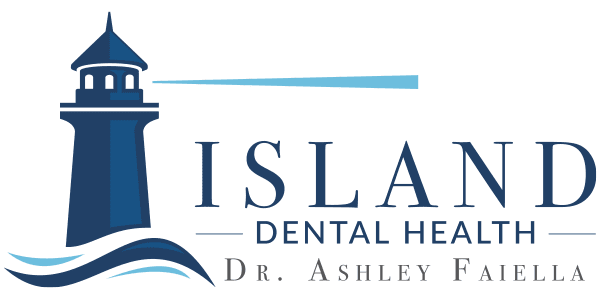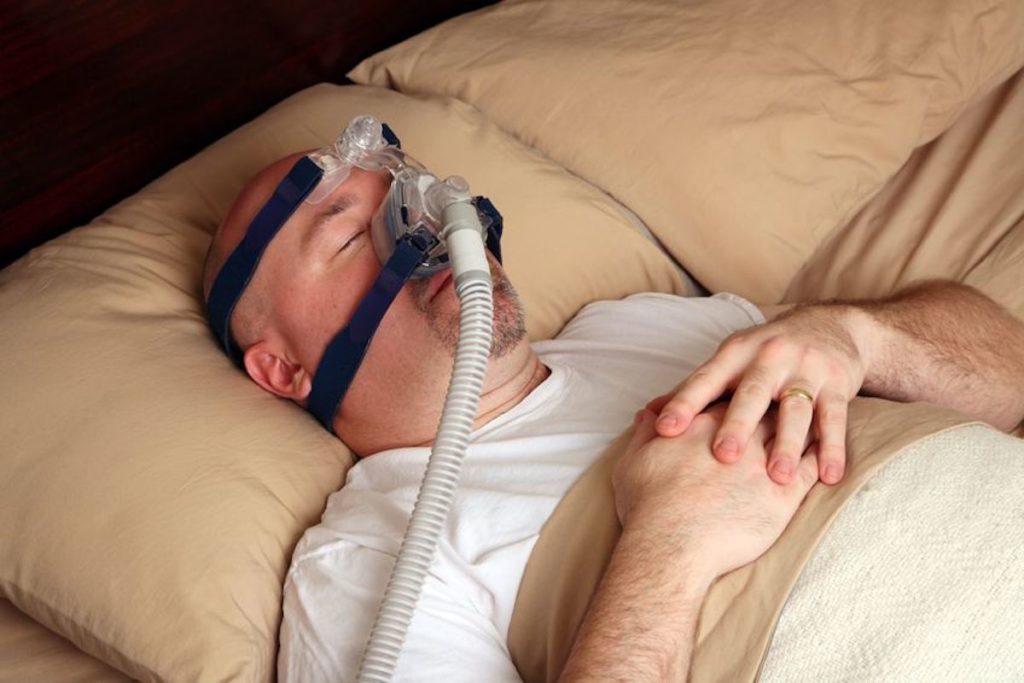Sleep apnea occurs when the breath stops and starts during sleep. In fact, untreated sleep apnea causes breathing to stop hundreds of times during the night. Sleep apnea is considered a serious medical problem because it disrupts the flow of oxygen to the brain and body.
High blood pressure and increased risk of heart failure and stroke are all causes of sleep apnea. And because sleep apnea causes chronic fatigue during the day, it can also cause attention deficits at school, work and behind the wheel. Sleep apnea may also complicate the efficacy of certain medications and surgeries.
Types and Causes of Sleep Apnea
There are two types of sleep apnea:
- Obstructive sleep apnea (OSA) is the most common type of sleep apnea and happens when soft tissue in the back of the throat hangs down and blocks the airway.
- Central sleep apnea (CSA) is less common and is when the brain fails to tell the muscles to breathe; this is often linked to a problem in the body’s respiratory control center.
Sleep Apnea Symptoms
Consider a sleep apnea dentistry consultation if you have one or more of these symptoms:
- Insomnia and other sleep difficulties
- Snoring loudly
- Waking up with shortness of breath
- Snorting or chocking during your sleep, which indicates that your breathing is starting up again
- Waking up with headaches
- Falling asleep during your usual waking hours and/or extreme drowsiness
- Risk Factors
People of all ages and genders get sleep apnea but it’s more common among those who:
- Are male
- Are overweight
- Are age 40 or older
- Have a large neck (17 inches-plus in men and 16 inches-plus in women)
- Have large tonsils or tongue
- Have a small jaw bone
- Have a family history of sleep apnea
- Have gastroesophageal reflux (GERD)
- Have obstructed nasal passages from a deviated septum, allergies, or a sinus condition
Sleep Apnea Dentistry Treatment
Sleep apnea dentistry treatment varies among patients and depends on the severity and type of apnea in question. Sometimes sleep apnea reverses with simple lifestyle changes, such as losing weight, quitting smoking and sleeping on one’s side.
But when basic treatments fail, sleep apnea dentistry can help with an oral device that prevents throat blockage.
And sometimes surgery is required for severe cases.

